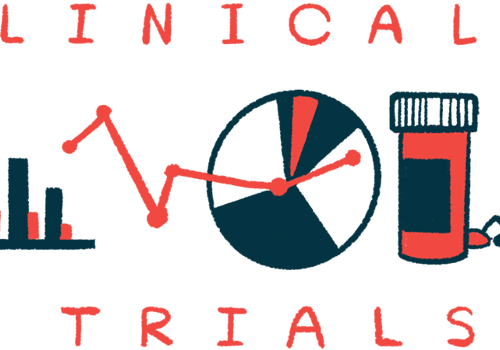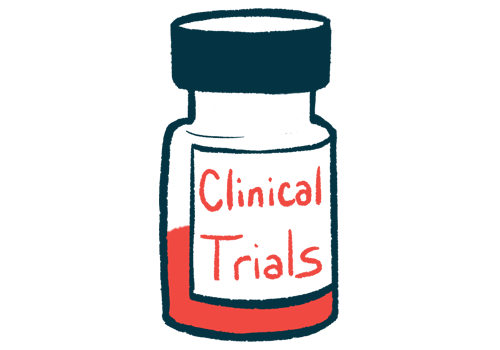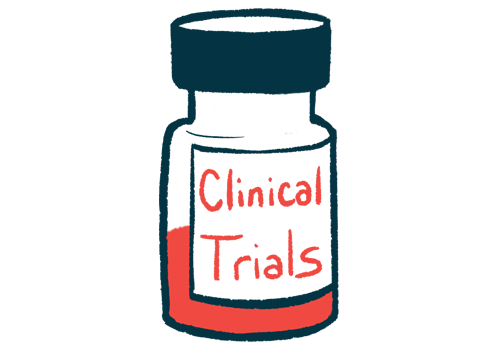In a subset of patients with mild to moderate Alzheimer’s and evidence of severe gum disease due to P. gingivalis infection, treatment with atuzaginstat (COR388) appeared to slow their cognitive decline, according to results from the Phase 2/3 GAIN clinical trial. Across all treated study patients, however, atuzaginstat’s use over about one year failed to meet this primary trial goal,…
Author: Chris
2 Trials Testing Oral Varoglutamstat Now Enrolling in US, Europe
Vivoryon Therapeutics is looking to enroll patients at different stages of Alzheimer’s disease for two ongoing, Phase 2 trials evaluating the safety and efficacy of its investigational oral treatment varoglutamstat. The therapy candidate has shown evidence, in earlier trials, of improving cognition, memory, and attention in Alzheimer’s patients, with “encouraging results after only 12 weeks of…
Many Ways to Mark National Alzheimer’s Disease Awareness Month
Every November since President Ronald Reagan’s proclamation in 1983, Americans have been partaking in National Alzheimer’s Disease Awareness Month. These next 30 days will be an opportunity for people to honor the progress made toward understanding and treating the disease while raising money for research and care. It also recognizes caregivers, family, clinicians, and the…
ACT-AD Phase 2 Trial Fully Enrolled with Results Expected Next Year
Athira Pharma has completed enrollment in its ACT-AD Phase 2 trial evaluating the safety and efficacy of ATH-1017 in adults with mild-to-moderate Alzheimer’s disease. “The completion of enrollment in our ACT-AD trial is an important step forward in advancing ATH-1017 as a potential new treatment option for patients suffering from Alzheimer’s and other dementias,” Mark…
Altoida Starts Five-year Study to Validate Disease-predicting App
Altoida is starting a five-year study to feed its app-based Precision Neurology device with data from thousands of patients across all stages of Alzheimer’s, to help validate the device’s ability to diagnose the disease at the earliest phases. The device will use artificial intelligence (AI) to collect and analyze the results of a series of…
Portable Neurostimulator Safe With Home Use, Alzheimer’s Trial Finds
Use of a portable neurostimulator by Actipulse Neuroscience that delivers fast gamma waves to particular brain regions as a way to stop or slow Alzheimer’s disease was found to be safe in a pilot clinical trial. Another trial focused on testing the device’s effectiveness is expected to open early next year. “We are extremely happy with…
Dosing Begins in ACU193 Trial, Targeting Toxic Amyloid Beta
The first patient has been dosed in a Phase 1 trial testing ACU193, an antibody designed by Acumen Pharmaceuticals to target toxic forms of amyloid beta — called amyloid-beta oligomers — as a potential therapy for early Alzheimer’s disease. The INTERCEPT-AD Phase 1 trial (NCT04931459) is expecting to enroll approximately 62 patients, ages 55-85, with mild…
Nuravax Acquires Rights for MultiTEP Vaccine Platform Tech
Note: This story was updated Oct. 19, 2021, to better reflect the amount by which Nuravax’s vaccines can raise blood antibody levels. The nonprofit Institute for Molecular Medicine (IMM) has licensed its universal vaccine platform technology — called MultiTEP — to Nuravax, a biotech developing therapies for Alzheimer’s disease and other disorders of the central…
Safety Board Recommends Trial of Anavex 2-73 Continues as Planned
After reviewing interim trial data, an independent safety board has recommended that Anavex Life Sciences continues a trial, without modification, of its oral therapy Anavex 2-73 (blarcamesine) in people with early Alzheimer’s disease. The board made a similar recommendation after an interim analysis earlier this year. Such a committee comprises a group of external experts tasked with…
FDA Grants Breakthrough Therapy Designation to Gantenerumab
The U.S. Food and Drug Administration (FDA) has granted breakthrough therapy status to gantenerumab, a human antibody that’s expected to slow or even prevent cognitive decline and memory loss in Alzheimer’s disease. The FDA designation is intended to accelerate the development and review of candidate therapies with clinical evidence of substantial improvement over approved treatments…











